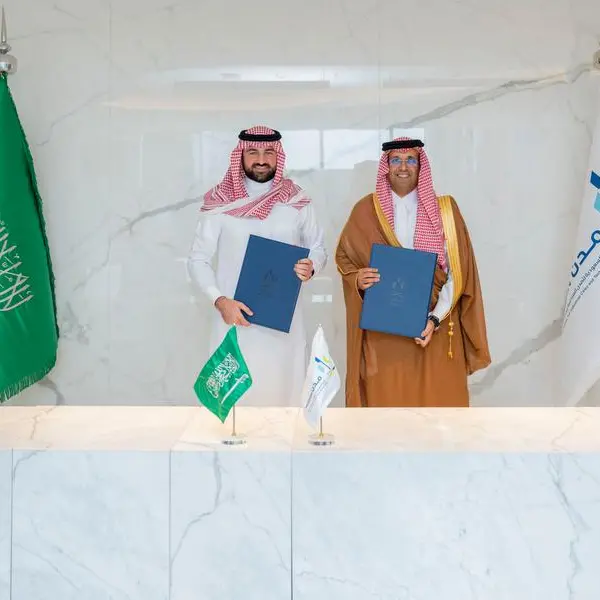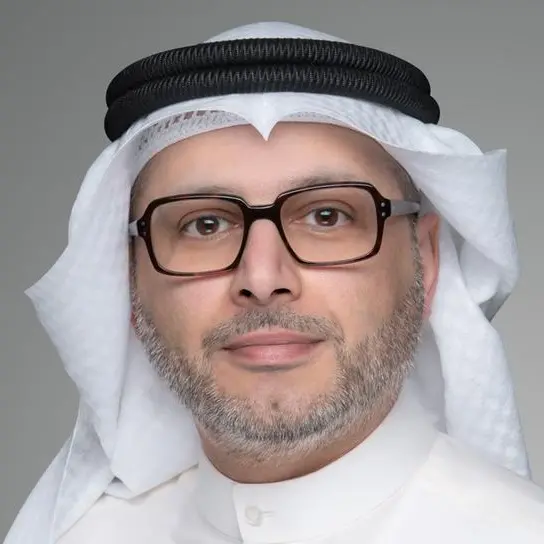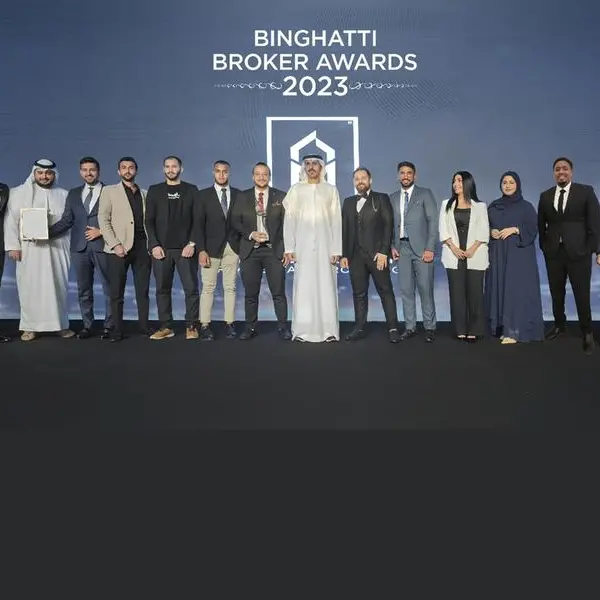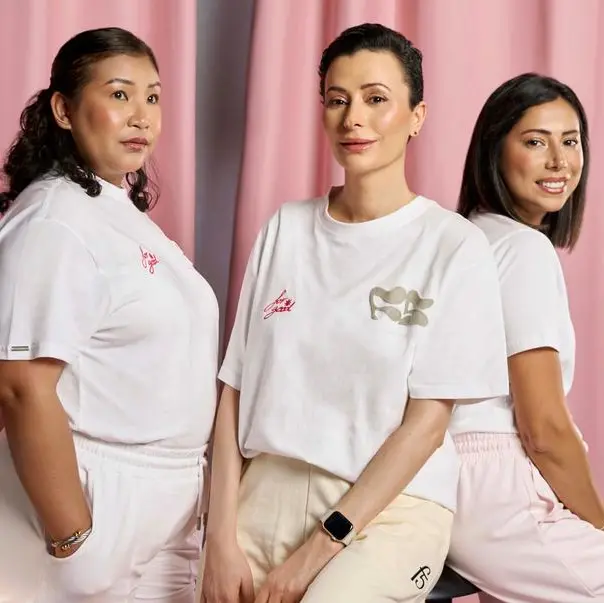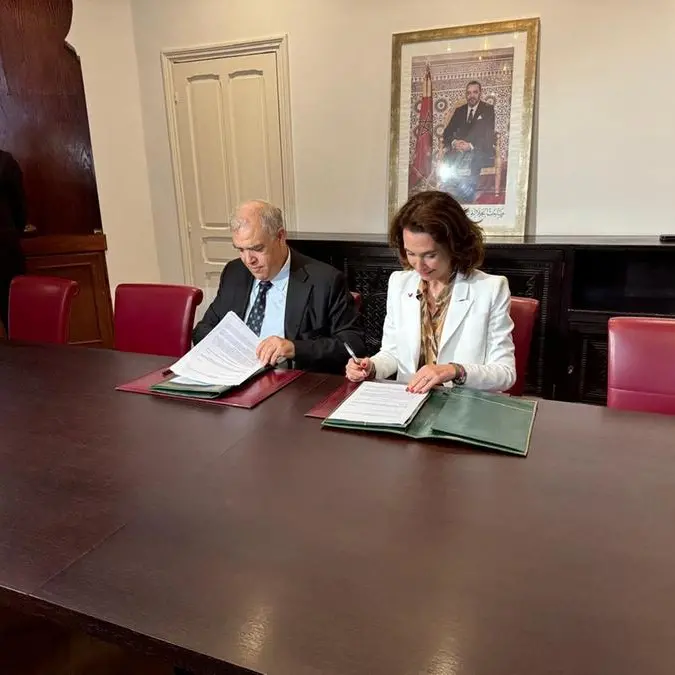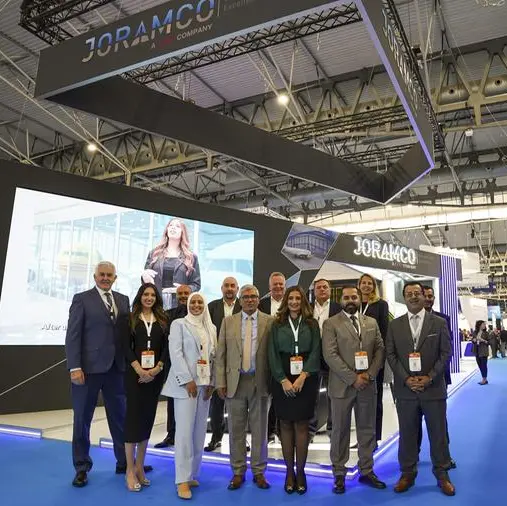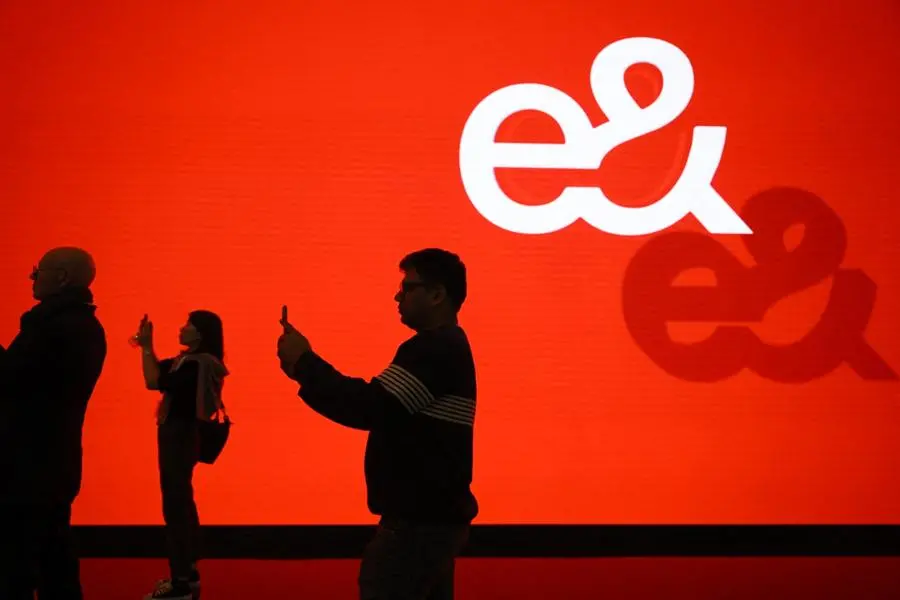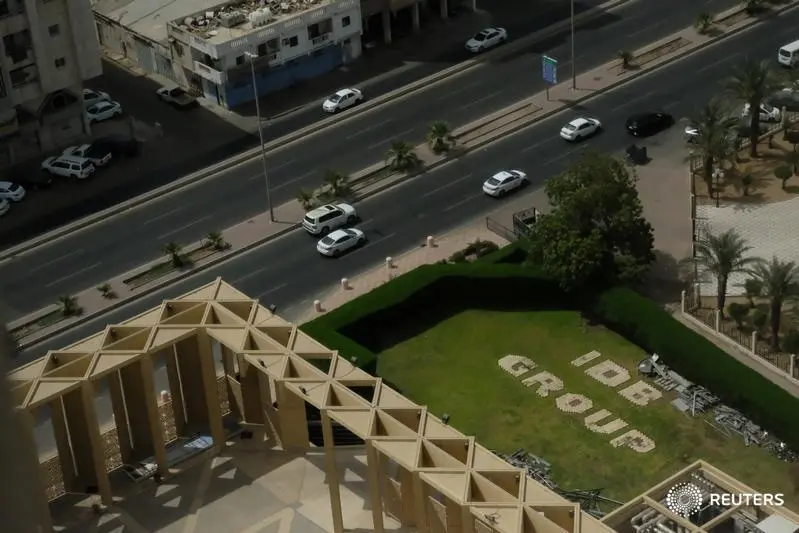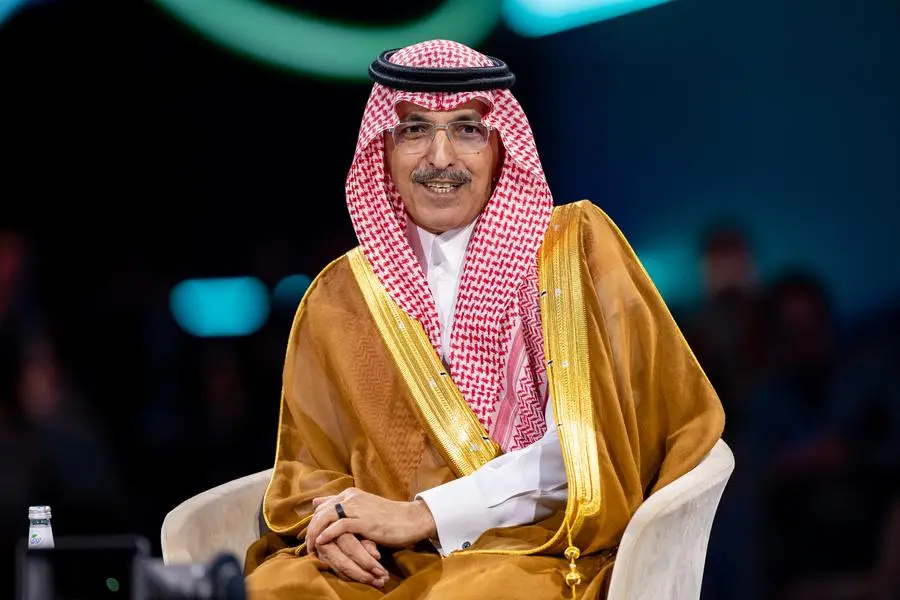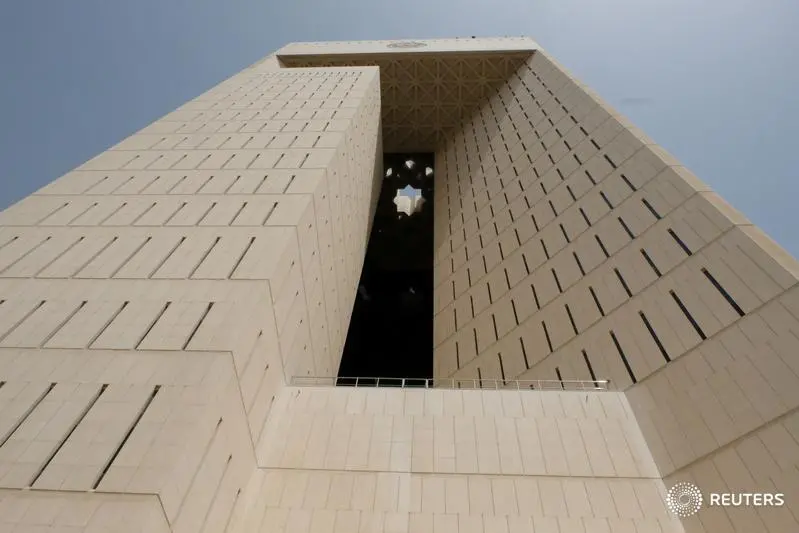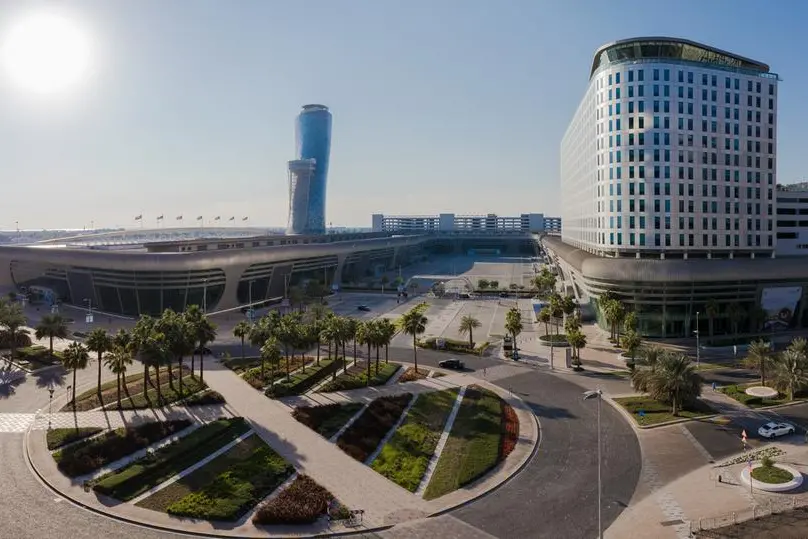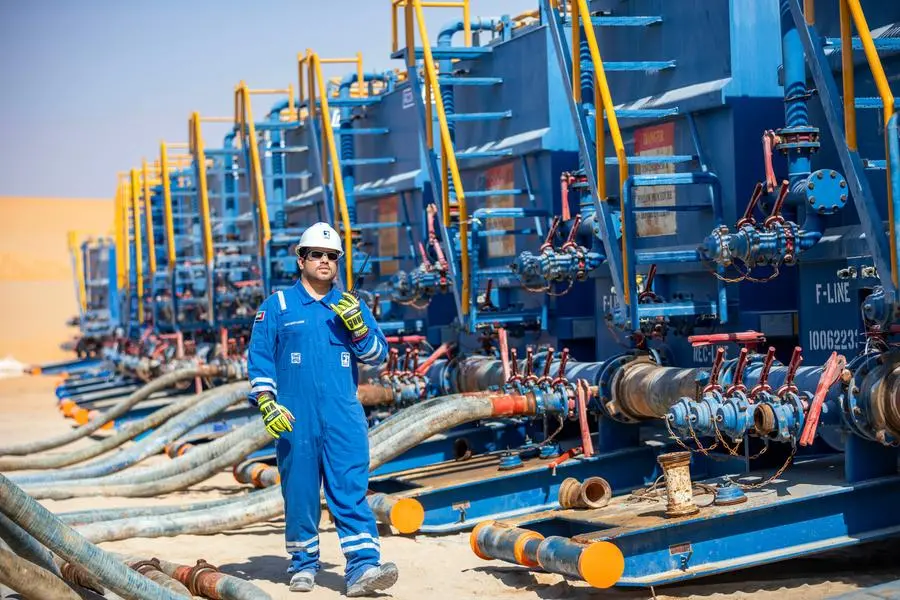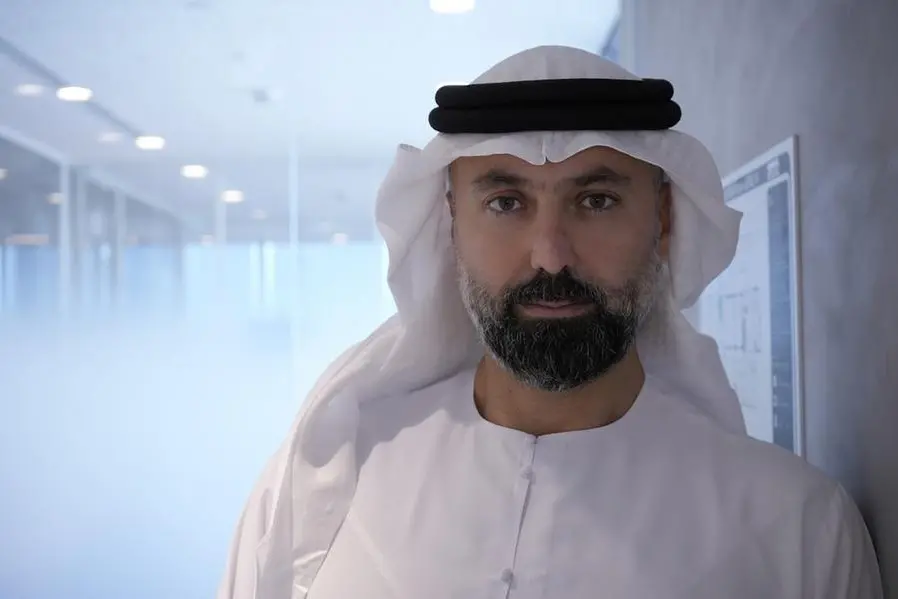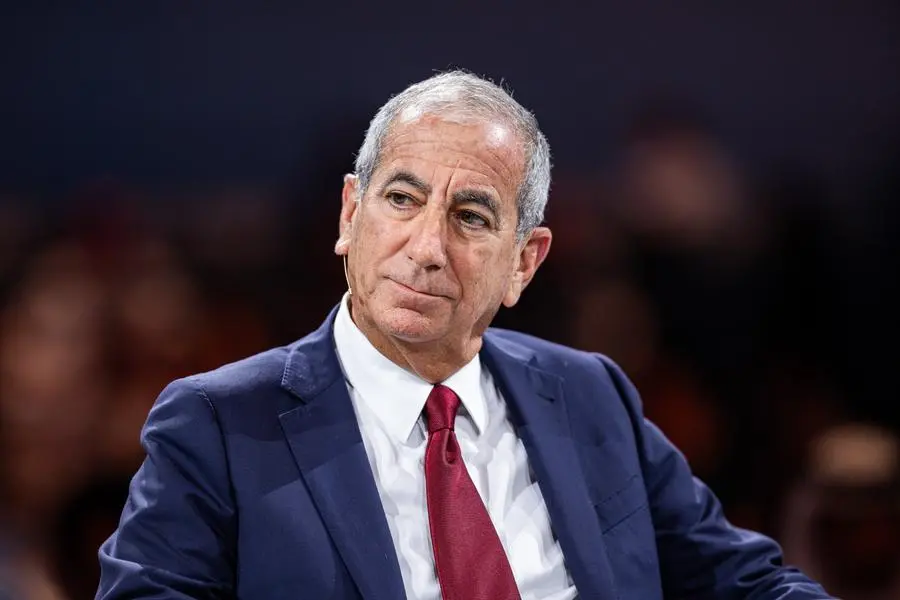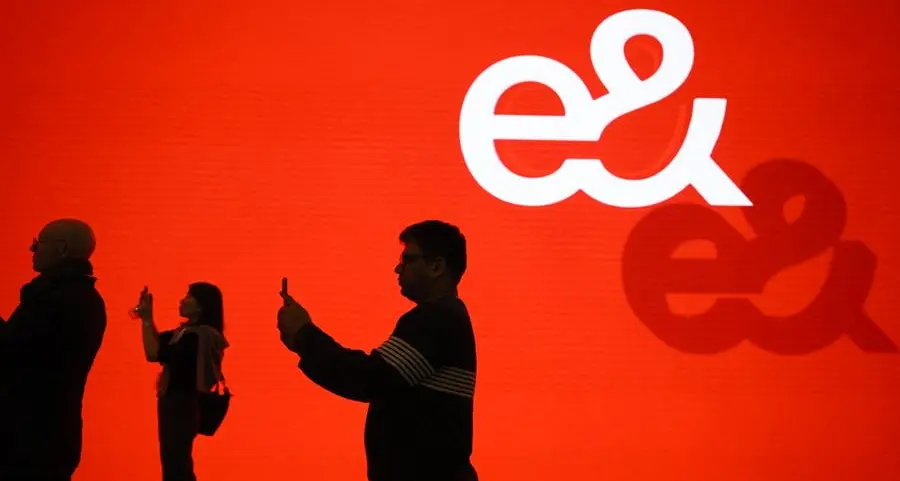PHOTO
- Total value of cases filed with the Small Claims Tribunal increases by 37%
- International connectivity expanded with Hong Kong cooperation agreement
Dubai, United Arab Emirates: The Dubai International Financial Centre (DIFC) Courts today released its figures for the first six months of 2024, reflecting continued growth in case numbers for the region’s pre-eminent forum for English language dispute resolution. In addition, there has been an uptake of additional ancillary services, such as the tejouri digital vault service, as Dubai Government’s paperless mandate drives demand for secure digital storage of life admin documentation.
The value of cases across all Divisions in the first half of 2024 was AED 1.05 billion, with a total number of 480 cases filed. In the main Court of First Instance (CFI), 57 cases were filed, with the total value of AED 1.02 billion and an average case value of AED 39.3 million.
His Excellency Justice Omar Al Mheiri, Director, DIFC Courts, said: “Following a record-year for the DIFC Courts in 2023, we have continued to record strong uptake of core and ancillary services of the DIFC Courts for the first six (6) months of 2024. We have also committed to further research and development of new innovative, efficient and cost-effective mechanisms in 2024 to assist our court users, whilst also maintaining core judicial excellence through our case management and skilled bench of judges.
The UAE’s recently confirmed top ten (10) position with the global competitiveness ranking is a testament to the dynamism of our shared economy, with the report specifically noting the UAE's stellar and effective dispute resolution mechanisms as the underpin of its competing economic segments. As the DIFC reflects on its 20-year anniversary in 2024, the DIFC Courts remains confident that our mandate continues to enable businesses to flourish and people to interact in a stable and predictable environment, supporting federal and local strategic goals.”
Claims brought before the CFI involved companies and business across a wide range of sectors, including banking & finance, real estate, construction, manufacturing, retail, intellectual property, and pharmaceutical, and involving disputes related to breach of contract, employment, and outstanding payments.
The operational capacity of the region’s first Small Claims Tribunal (SCT) was strong in the first six months of 2024, with 265 claims filed, and an overall claim value totaling AED 27.2 million. The average claim value of cases filed at the SCT was AED 109,000. Claims were driven primarily by disputes involving breach of contract, employment, and property & tenancy.
Reinforcing year-on-year increased efficiency through its digital and paperless strategy, statistics also confirm that the DIFC Courts issued 100% of Orders and Judgments digitally, with over 913 Orders in the first six months of 2024, and a further 85 Judgments issued for the same period. In addition, 96% of hearings in the CFI were conducted remotely, whilst the SCT recorded 100% and the Court of Appeal recorded 75% remote hearings in the first six months of 2024.
Launched through a partnership in 2015 between the DIFC Courts and the Government of Dubai, the Wills Service was established to enable non-Muslims who are investing and living in the UAE to pass on their assets and appoint guardians for their children in line with their wishes through a Will registration service.
In the first six months of 2024, the Wills Service registered 810 Wills, a 6% increase in the number of registrations compared with the first six months of 2023, and issued nine (9) Probate orders. Since its inception, the Wills Service has registered over 11,000 Wills.
Also part of the DIFC Courts’ expanding ancillary services, tejouri, launched in 2022, has recorded over 20% increase in the number of registered digital vaults in the first half of 2024. tejouri provides a unique platform that functions simultaneously as a cloud vault and an online safe for data, supported by a state-of-the-art onsite DIFC data centre and a secondary UAE-based backup data centre.
All uploaded life admin files are secured under the highest standards of security regulation, using multiple factors of authentication, encrypted data, personalised biometric information and safe-keeping ledgers through advanced cryptography. Using Distributed Ledger Technology (DLT), tejouri ensures the transmission of your entire portfolio to your designated stakeholders, or loved ones, at a key time.
In February 2024, Moro Hub, a subsidiary of Digital DEWA, the digital arm of Dubai Electricity and Water Authority (PJSC), awarded the Green Certificate to the DIFC Courts in recognition of its commitment to sustainability for utilising Moro Hub's Green Cloud, which was adopted in 2023 for its expanding digital infrastructure needs.
Moro Hub's Green Cloud is designed and developed to offer private and public enterprises energy-efficient solutions. This initiative actively contributes to diminishing carbon footprints and supports sustainable practices within the dynamic digital realm.
In April 2024, in his capacity as the Ruler of Dubai, His Highness Sheikh Mohammed bin Rashid Al Maktoum, Vice President and Prime Minister of the UAE, issued Decree No. (29) of 2024 on the ‘Judicial Authority for Resolving Jurisdictional Conflicts between DIFC Courts and Judicial Authorities in the Emirate of Dubai’.
The provisions of the Decree are applicable to judicial bodies in Dubai, including the Court of Cassation, the Court of Appeal and the Court of First Instance, and any other court that will be established as part of the Judicial Authority in Dubai. The Decree also applies to DIFC Courts. New Rules and Procedures are scheduled to be confirmed by the new Tribunal in the coming months that will provide further clarity to court users.
In May 2024, the DIFC Courts further cemented relations with one of Asia’s leading financial centres through a cooperation agreement with The Law Society of Hong Kong. The MoU was signed as part of a Hong Kong delegation visit, which also included Mr. Paul Lam SC, Secretary for Justice of the Hong Kong Special Administrative Region Government, and the Hong Kong Trade Development Council (HKTDC).
Devised as a mandate for knowledge sharing and cooperation, resulting collaboration through memoranda activities serve as a mechanism to foster investor confidence and cultivate further access to justice. This memorandum with The Law Society of Hong Kong aids closer relations between two leading common law institutions, as well as facilitating more confidence for businesses from Hong Kong and the UAE transacting between two of Asia’s leading financial centres.
About the DIFC Courts
The UAE’s DIFC Courts administers a unique English-language common law system – offering swift, independent justice to settle domestic and international commercial and civil disputes. The Courts, based in Dubai, provides certainty through transparent, enforceable judgments from internationally recognised judges, who adhere to the highest global legal standards. The DIFC Courts is independent of, but complementary to, the UAE’s Arabic-language civil law system – offering a choice that strengthens both processes while ensuring public access to world-class justice.
In October 2011, a decree of His Highness Sheikh Mohammed bin Rashid Al Maktoum, Prime Minister of the UAE, and Ruler of Dubai, opened the DIFC Courts’ jurisdiction to businesses from across the world provide the international business community with access to one of the most advanced commercial courts in the world.he DIFC Courts was established under laws enacted by the late HH Sheikh Maktoum bin Rashid Al Maktoum, Ruler of Dubai in September 2004 and amended under Law No. 5 of 2021. The Courts’ community-focused approach encourages early settlement, while its successful track record supports Dubai’s growing status as an international business hub.
In line with HH Sheikh Mohammed’s vision, the DIFC Courts serve to develop the UAE national workforce and enhance the competitiveness of Emirati advocates. The DIFC Courts is spearheading training programmes predominantly aimed at local Emirati lawyers, which offer knowledge of, and qualifications in, the English-language common law system.

